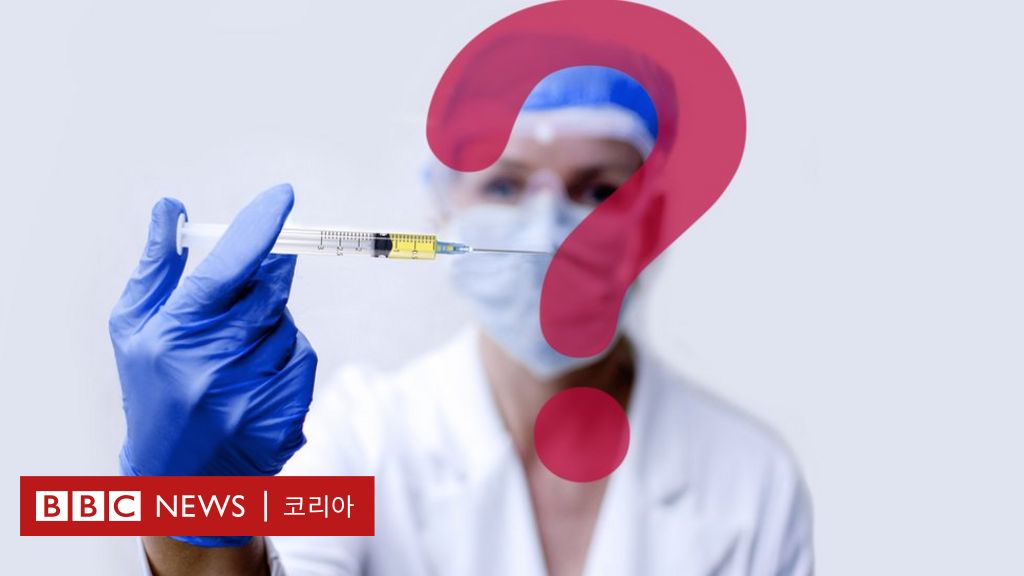- Jose Cuetto
- BBC News Mundo
—
17 minutes ago
Photo Source, Getty Images
—
The curiosity about vaccines has not yet been fully resolved.
–
It is said that the speed of vaccination against the novel coronavirus infection (Corona 19) is a time battle. This is because speed is essential to control Corona 19.
–
As of January 23, more than 60 million people around the world were vaccinated. As more countries are vaccinated in the future, this number will grow faster. However, there are a few things we don’t know about vaccines yet.
–
It is not known how long the vaccine will last, and its effect on mutations has not yet been verified.
–
1. How strong is your vaccine immunity?
How much will the immunity be effective if I get a COVID-19 infection or vaccination?
–
It has been about a year since the Corona 19 pandemic hit the world. Early research results on immune effects are being published one by one.
–
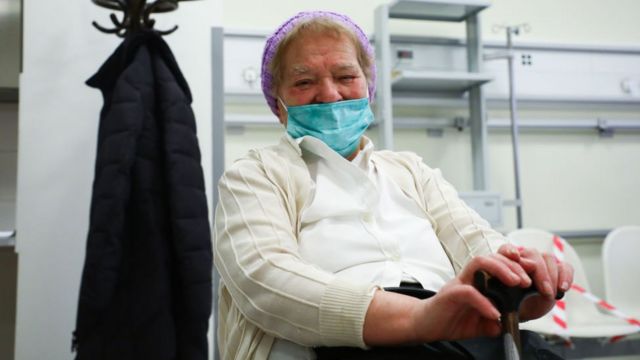
Photo Source, Getty Images
—
The duration of the COVID-19 vaccine effectiveness has not yet been verified.
–
California’s Lazola Institute of Immunology revealed that several immune responses remained active for at least six months after curing Corona 19.
–
A research team from England’s English Public Health Administration (PHE) also said that the immunity that those who have recovered after the corona19 confirmed will be maintained for at least five months. Scientists predict that immunity will actually last longer.
–
Of course, individual differences also exist. Depending on the individual’s health or hygiene, the persistence or effectiveness of immunity will vary.
–
The same is true of the immunity formed by vaccination.
–
Dr. Julian Tang, a virologist at the University of Leicester in the UK, told the BBC: “We just started immunization and it is difficult to tell how long your immunity will last, because immunity can vary depending on the patient and type of vaccine.” “It will be between.”
–
Andrew Badley, professor of molecular medicine at the Mayo Clinic in the United States, predicted more positively. “The vaccine’s effectiveness and immunity will last for years,” he said.
–
“It is also important to analyze cases of people infected with the mutant virus and observe how they respond to the vaccine.”
–
2. Can I get reinfected after getting the vaccine?
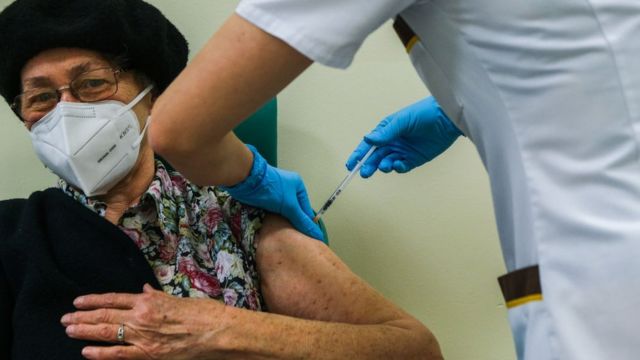
Photo Source, Getty Images
—
The immunity formed by the vaccine will depend on the type of vaccine and the individual patient condition.
–
It is possible. There are several reasons for this.
–
As soon as you get the vaccine, you do not have complete immunity. In the case of a vaccine that is administered in two doses, a second dose should be given within 3-4 weeks.
–
“If you are exposed to the virus a day or a week after getting the vaccine, you can get enough infection and pass it on to another person,” Dr. Tang explained.
–
However, you can still get Corona 19 even after getting two vaccines.
–
Dr. Badley explained, “If you look at the data available so far, some people can continue to get Corona 19,” said Dr. Badley. did.
–
He stressed that the fact that the vaccine supply effectively prevents COVID-19 remains unchanged. However, it has not yet been proven how vaccines affect the spread of the virus.
–
Professor José Manuel Bautista of the Department of Molecular Biology at the University of Madrid, Spain, said that Corona 19 is “a very multidimensional virus” and “Each patient has different symptoms.”
–
“I think the vaccine will be similar. In some people, the immune effect is very good, but in others it will not be fully effective. In this way, 100% of the reproduction and transmission of the virus cannot be stopped.”
–
3. Will the vaccine be effective against mutant viruses?
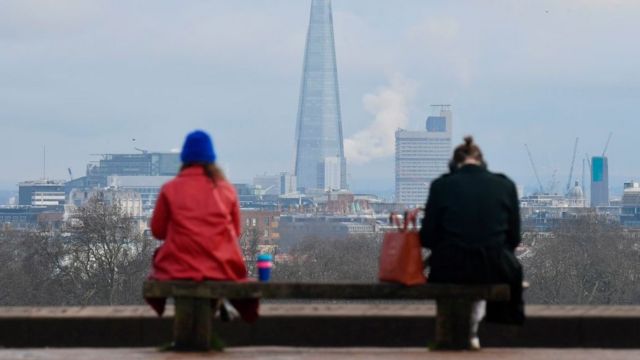
Photo Source, Getty Images
—
Studies show that some populations may continue to contract COVID-19 multiple times
–
All viruses are naturally mutated. Since the first coronavirus discovery a year ago, thousands of mutations have occurred.
–
Mutant viruses from the UK and South Africa have undergone a mutant process that infects human cells more easily than the existing Corona 19 virus.
–
Experts estimate that the transmission power of the British mutant virus, which appeared in September last year, is up to 70% higher. The mutant virus is spreading rapidly in many countries around the world.
–
US Modena announced the results of the initial clinical tests on the 25th. The Modena vaccine was also effective against mutant viruses in the UK and South Africa.
–
However, the effect on the South African mutant virus was slightly inferior. Moderna said it would develop a new vaccine against the South African mutant virus.
–
Earlier, some results showed that the Pfizer vaccine is also effective against the British mutant virus.
–
“It is true that approved vaccines are very effective,” Bradley stressed, “but the ear canal is not guaranteed to be 100% preventable.”
–
“Vaccine immunity depends on how different the new variant is than the previous virus,” Tang added.
–
Governments and health officials should continue to monitor viral mutations and see if existing treatments are effective against mutant viruses.
–
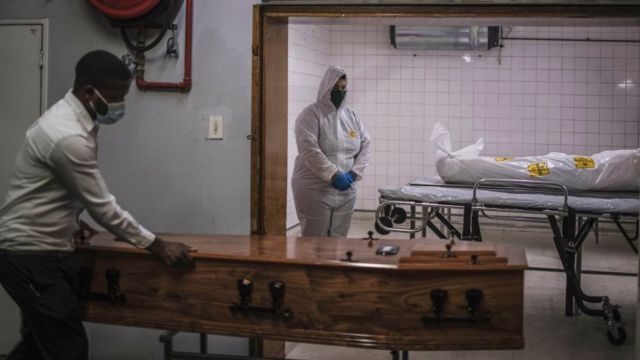
Photo Source, Getty Images
—
Corona 19 South African mutant virus has multiple mutation types, and some are concerned that the vaccine will not be effective.
–
4. What is the vaccination interval?
Pfizer, Modena and AstraZeneca vaccines are all two-dose vaccines.
–
Clinical results showed that these vaccines should be vaccinated a second time within 3 to 4 weeks after the first vaccination.
–
However, after the introduction of the Corona 19 vaccine, the spread did not stop, so the UK decided to increase the vaccination interval from the zone 3-4 weeks to 12 weeks. The intention is to increase the number of vaccinations first.
–
However, Pfizer and most of the scientists are negative, saying that the results will not be confirmed in clinical practice.
–
Meanwhile, the World Health Organization (WHO) has left room for vaccination control. The WHO said, “It is recommended to receive two vaccinations within 21 to 28 days,” but said the interval could be increased up to 42 days depending on the special epidemiological situation.
—
